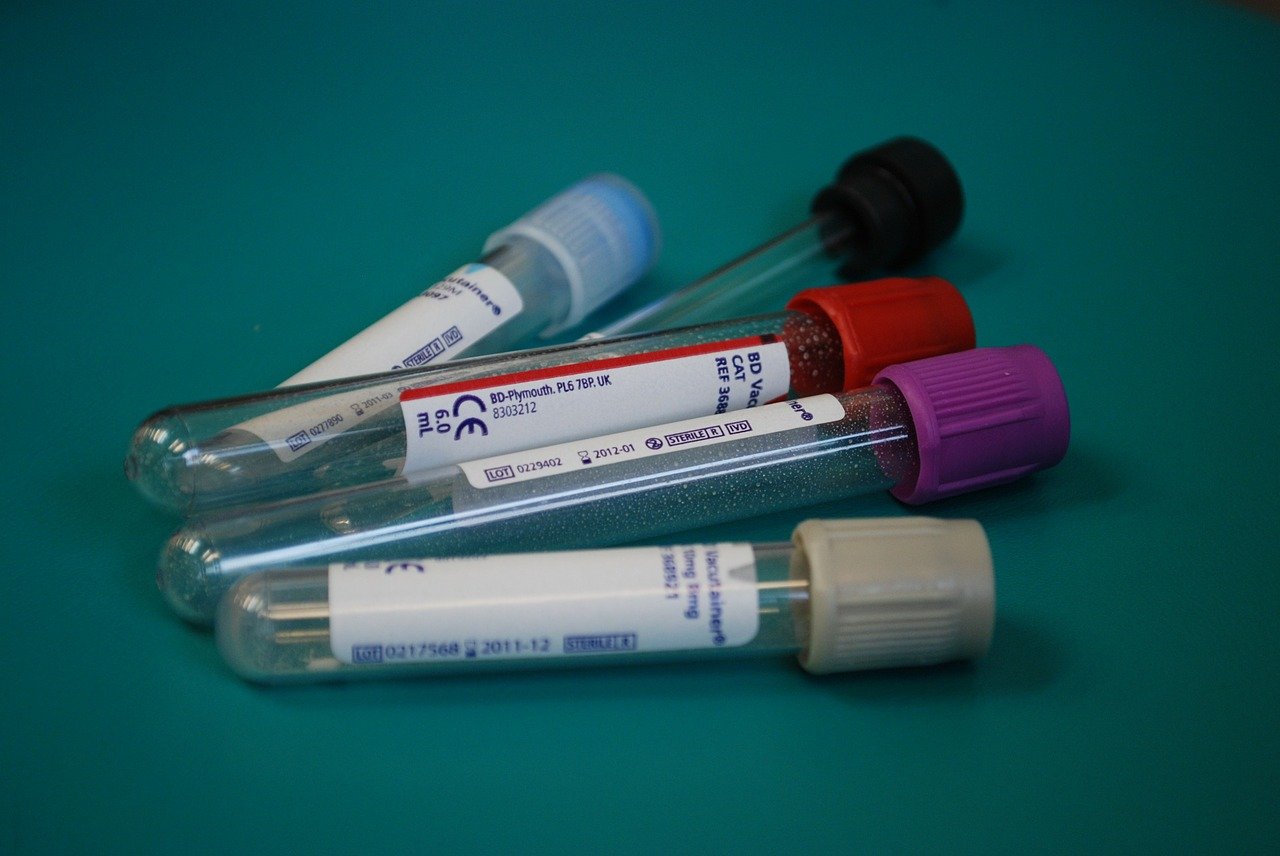
Oct 3, 2024
Blog Life Sciences How Antibody Drugs Are Shaping the Future of Medicine
Antibody Durg has been a game-changer in modern medicine, revolutionizing how we treat intricate illnesses. Biologics use the body's immune system to target certain pathogens or aberrant cells to precisely treat disorders like cancer, autoimmune diseases, and infectious diseases. The global market for antibody medicines is expanding quickly because of the increasing frequency of chronic diseases, the drive toward customized therapy, and technical developments.

According to BCC Research, the global market for antibody drugs is expected to grow from $242.6 billion in 2024 to $412.1 billion by the end of 2029 at a compound annual growth rate (CAGR) of 11.2% during the forecast period of 2024 to 2029.
Antibody drugs, also known as monoclonal antibodies (mAbs), are engineered to bind to specific proteins and antigens on the surface of diseased cells. Attaching to these antigens can mark the cells for destruction by the immune system, block signaling pathways that contribute to disease progression, or directly neutralize harmful pathogens. The precision of these drugs allows for targeted treatment, minimizing damage to healthy cells and reducing side effects.
Antibodies are large, Y-shaped proteins the immune system produces to neutralize harmful pathogens. In the context of antibody drugs, various types have been developed, each offering unique therapeutic advantages:
The global market for antibody drugs is expected to grow from $242.6 billion in 2024 and is projected to reach $412.1 billion by the end of 2029, at a compound annual growth rate (CAGR) of 11.2% during the forecast period of 2024 to 2029.
The growing incidence of chronic illnesses and the need for customized treatment fuel the growing market for antibody drugs worldwide. Antibody engineering advances, such as creating more effective ADCs and refining bispecific formats, should accelerate in the upcoming years.
Additionally, identifying possible therapeutic candidates is being streamlined by incorporating AI and machine learning into antibody discovery, significantly reducing the time and expense of drug development. The next step in precision medicine may be customized antibodies based on the genetic profiles of specific patients.
Antibody medications have completely changed how many diseases are treated, especially infectious, immunological, or cancerous. They constitute an important development in contemporary medicine due to their capacity to target sick cells while limiting injury to healthy tissue precisely. The potential for antibody therapeutics is enormous, given the ongoing technological advancements, including phage display, CRISPR gene editing, and AI-powered antibody creation. Personalized medicine is becoming more and more in demand worldwide, and with the rise of chronic diseases, antibody medicines have the potential to impact healthcare and enhance patient outcomes significantly.
Consider becoming a member of the BCC Research library and gain access to our full catalog of market research reports in your industry. Not seeing what you are looking for? We offer custom solutions too, including our new product line: Custom Intelligence Services.
Contact us today to find out more.

Sandeep is a Senior Executive in Marketing Operations at BCC Research, proficiently serving as a graphic designer and content creative specialist. His expertise extends to AutoCAD and Revit, and he has made valuable contributions to the event industry with his design skills.
In today’s fast-paced biomedical world, researchers and pharmaceutical companies...

Radiopharmaceuticals represent a cutting-edge frontier in modern medicine, offer...

Implantable Remote Patient Monitoring (IRPM) devices are revolutionizing healthc...

We are your trusted research partner, providing actionable insights and custom consulting across life sciences, advanced materials, and technology. Allow BCC Research to nurture your smartest business decisions today, tomorrow, and beyond.
Contact UsBCC Research provides objective, unbiased measurement and assessment of market opportunities with detailed market research reports. Our experienced industry analysts assess growth opportunities, market sizing, technologies, applications, supply chains and companies with the singular goal of helping you make informed business decisions, free of noise and hype.